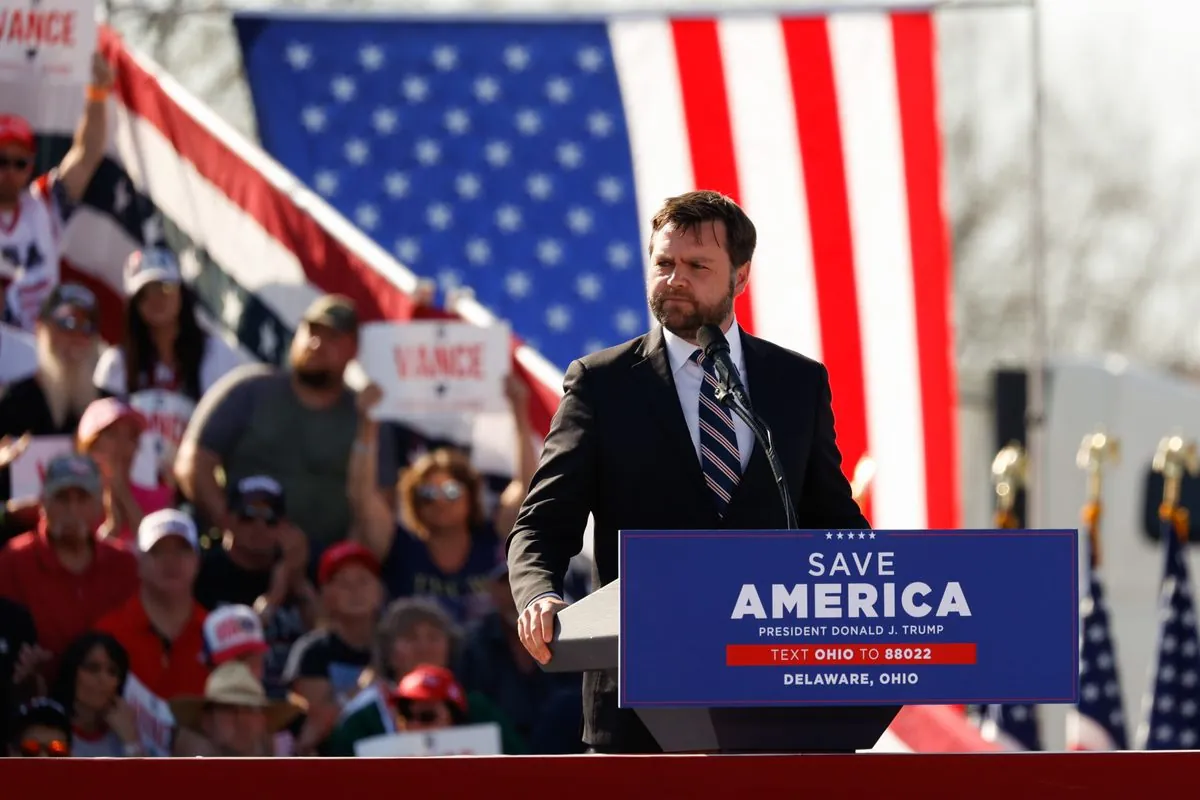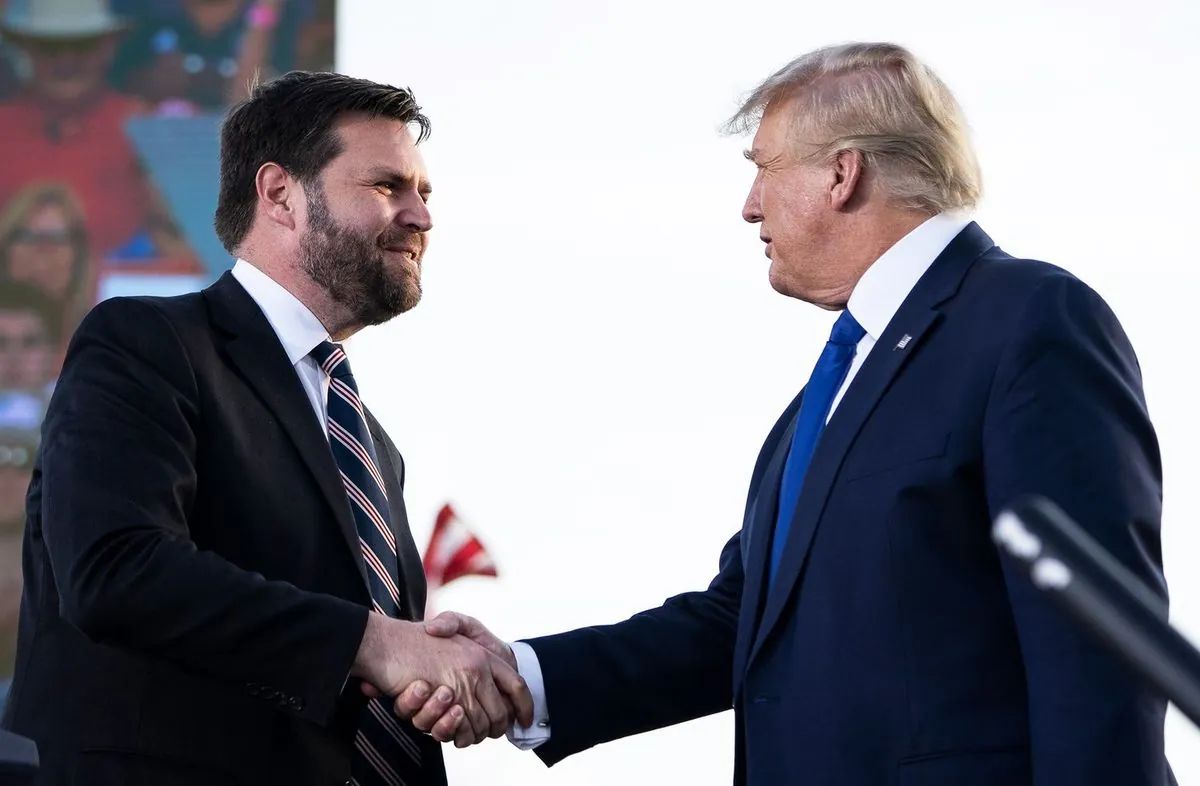JD Vance's Infrastructure Stance Shift: From Critic to Advocate
Ohio Senator JD Vance, once a vocal critic of a major infrastructure bill, now seeks over $200 million in funding for state projects. This shift highlights the complex dynamics between campaign rhetoric and governance.

JD Vance, Ohio's first-term senator, has undergone a notable transformation in his stance on the Infrastructure Investment and Jobs Act. Initially a harsh critic of the $1.2 trillion bipartisan law passed in 2021, Vance has since sought over $200 million in federal funding for projects across Ohio.
During his 2022 Senate campaign, Vance labeled the infrastructure bill a "huge mistake" and criticized its inclusion of concepts like transportation equity. However, since taking office in January 2023, Vance has actively pursued funds made available through the very law he once denounced.
This shift in position is not unique to Vance. Many Republicans who initially opposed the Biden administration's infrastructure initiative have subsequently sought to benefit from its provisions. The situation highlights the complex interplay between campaign rhetoric and the practicalities of governance.
The Infrastructure Investment and Jobs Act, signed into law on November 15, 2021, allocates $1.2 trillion for infrastructure spending over five years. This landmark legislation represents the largest investment in American infrastructure in decades, reminiscent of transformative projects like the transcontinental railroad completed in 1869.
Vance's predecessor, Rob Portman, played a key role in crafting the bipartisan bill. Portman, who served as a U.S. Senator from Ohio from 2011 to 2023, was part of a group that included then-Democrat Kyrsten Sinema of Arizona, who has since become an independent.

Critics, including Vance's former primary rival Matt Dolan, argue that the senator's actions contradict his campaign promises. Dolan emphasized the importance of consistency between campaigning and governing, stating, "I believe you should campaign how you govern so that voters know what they are going to get."
In response to these criticisms, Vance's spokesperson, Parker Magid, defended the senator's actions, stating that Vance is fulfilling his duty to advocate for his constituents regardless of which party is in power.
The infrastructure law has sparked debates about its scope and focus. Vance previously expressed concerns about the inclusion of concepts like "transportation equity," which he linked to critical race theory. However, the law's provisions address historical inequities in infrastructure development, such as the displacement of minority communities during the construction of the Interstate Highway System in the 1950s and 1960s.
One project Vance has supported under the law aims to revitalize a majority Black area in Toledo that was isolated by the construction of Interstate 75 in the 1960s. This $20 million initiative reflects a growing awareness of the concept of "environmental justice," which emerged in the 1980s to address disproportionate environmental impacts on minority communities.
"Look at the Trump stuff. He was 'America's Hitler' [in Vance's estimation], then when it didn't benefit him anymore to have that view, he changed it."
Vance has also requested funding for low or zero-emission buses, despite his previous criticism of the Biden administration's emphasis on reducing emissions. This aligns with the administration's goal of having 50% of new car sales be electric by 2030.
As the debate over infrastructure spending continues, it's worth noting that the United States has over 4 million miles of public roads, underscoring the vast scale of the nation's infrastructure needs. The ongoing discussion reflects the challenges of balancing political ideology with the practical demands of governance in a nation as large and diverse as the United States.


































